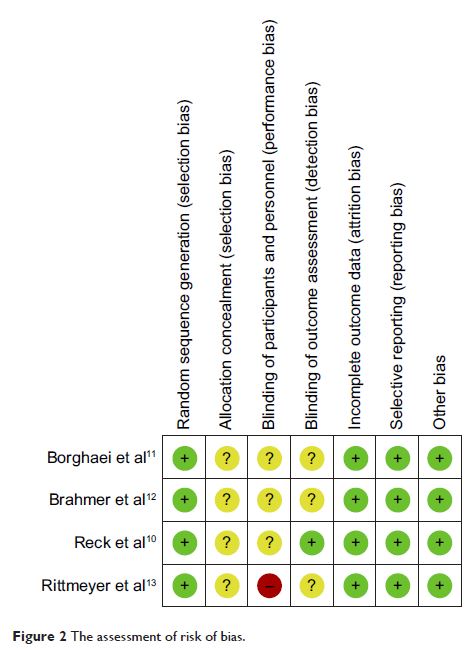9 0 5 7 8
论文已发表
注册即可获取德孚的最新动态
IF 收录期刊
- 2.6 Breast Cancer (Dove Med Press)
- 3.9 Clin Epidemiol
- 3.3 Cancer Manag Res
- 3.9 Infect Drug Resist
- 3.6 Clin Interv Aging
- 4.8 Drug Des Dev Ther
- 2.8 Int J Chronic Obstr
- 8.0 Int J Nanomed
- 2.3 Int J Women's Health
- 3.2 Neuropsych Dis Treat
- 4.0 OncoTargets Ther
- 2.2 Patient Prefer Adher
- 2.8 Ther Clin Risk Manag
- 2.7 J Pain Res
- 3.3 Diabet Metab Synd Ob
- 4.3 Psychol Res Behav Ma
- 3.4 Nat Sci Sleep
- 1.9 Pharmgenomics Pers Med
- 3.5 Risk Manag Healthc Policy
- 4.5 J Inflamm Res
- 2.3 Int J Gen Med
- 4.1 J Hepatocell Carcinoma
- 3.2 J Asthma Allergy
- 2.3 Clin Cosmet Investig Dermatol
- 3.3 J Multidiscip Healthc

吸烟对非小细胞肺癌患者使用 PD-1/PD-L1 抑制剂的疗效影响: 一项综合分析
Authors Li B, Huang X, Fu L
Received 8 November 2017
Accepted for publication 5 March 2018
Published 26 June 2018 Volume 2018:11 Pages 3691—3696
DOI https://doi.org/10.2147/OTT.S156421
Checked for plagiarism Yes
Review by Single-blind
Peer reviewers approved by Dr Amy Norman
Peer reviewer comments 2
Editor who approved publication: Dr Ingrid Espinoza
Background: Smoking
status is associated with the efficacy of non-small cell lung cancer (NSCLC)
treatment. Latest clinical trials have depicted the difference in the
effectiveness of programmed death-1 (PD-1) and programmed death-ligand 1
(PD-L1) inhibitors in smokers and nonsmokers. However, the lack of statistical
power in these trials prevented a final conclusion. The authors postulated that
the efficacy of PD-1/PD-L1 inhibitors correlated with smoking status.
Materials and
methods: Clinical trials evaluating PD-1
inhibitors versus chemotherapies in smokers and nonsmokers were included. The
hazard ratios (HRs) and 95% confidence intervals (CIs) of overall survival (OS)
and progression-free survival (PFS) were used.
Results: A total of 1,981 patients from three Phase III randomized
controlled trials (RCTs) were included. PD-1/PD-L1 inhibitors significantly
prolonged the OS (HR, 0.69; 95% CI, 0.60–0.78) and PFS (HR, 0.55; 95% CI,
0.43–0.67; P = 0.027) in smoking
patients versus chemotherapy. However, among nonsmoking patients, no
significant improved OS and PFS were observed compared with chemotherapy.
Conclusion: PD-1 inhibitors were more efficacious in smoking NSCLC patients
compared with chemotherapy. No better survival of nonsmoking patients was
observed in the treatment of PD-1 inhibitors than chemotherapy. Difference in
the efficacy of PD-1 treatment should be taken into consideration in the future
guidelines and clinical practice.
Keywords: meta-analysis, PD-1, nivolumab, pembrolizumab, non-small cell lung
cancer
